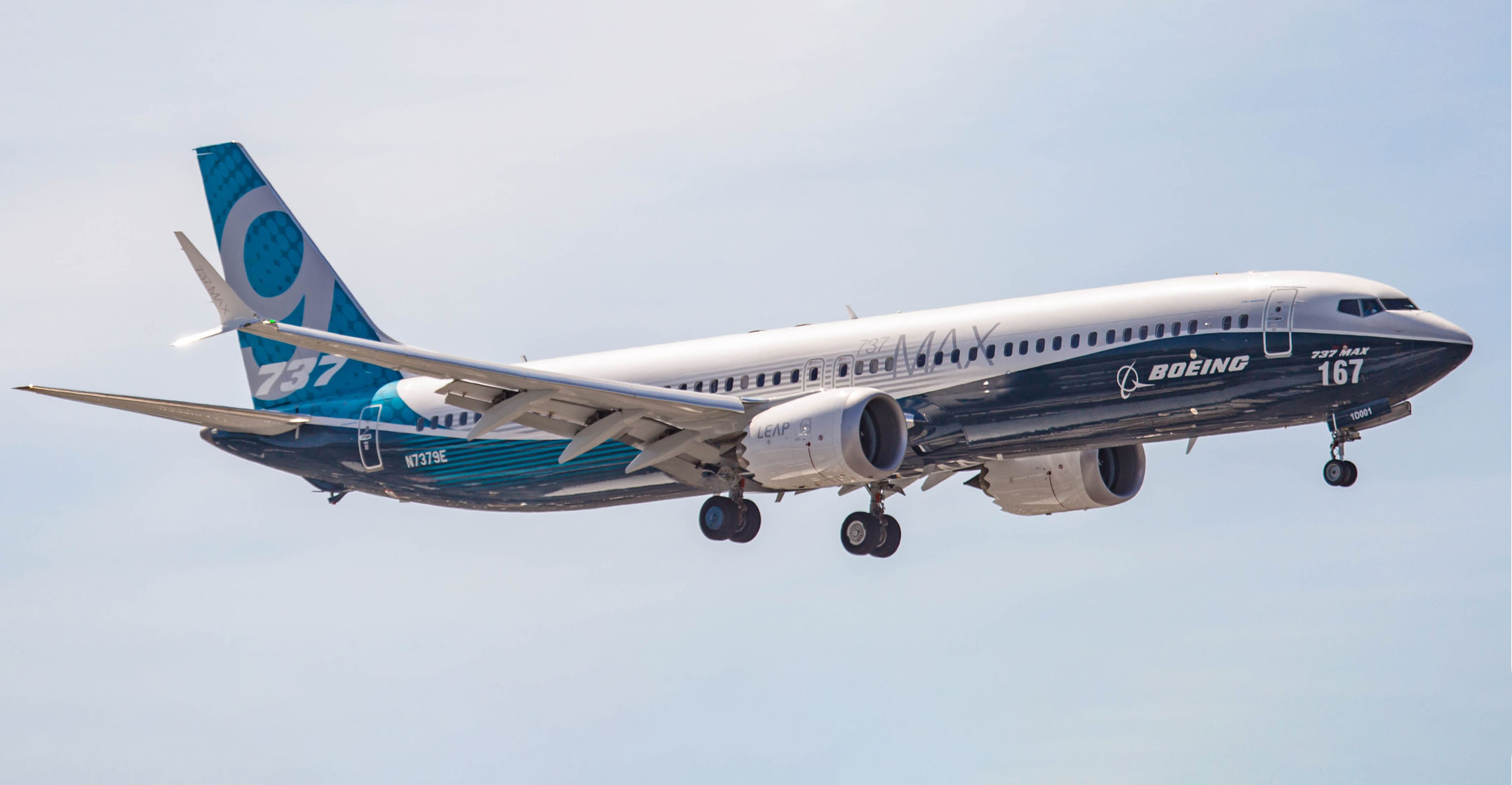
What’s the future for Boeing’s 737 Max jet after its second tragic accident in less than five months?
The crash of Ethiopian Airlines Group Flight 302 shortly after takeoff from Addis Ababa on Sunday raises the specter of previous passenger aircraft that suffered serious problems soon after entry into service.
In the case of the McDonnell Douglas DC-10, those defects dogged the aircraft’s reputation throughout its life. With Boeing’s own 787, the battery problems that affected its initial flights have proven no more than a bump in what’s now become a very profitable road.
Like both those planes, the 737 Max must now face a very real risk of a worldwide grounding. Chinese authorities have asked domestic airlines to stop flying the plane after the Flight 302 crash, Bloomberg News reported, citing people familiar with the matter. India’s aviation regulator may also require additional safety measures on the aircraft. If the Federal Aviation Administration were to issue a similar notice, that could put all 737 Max models in service worldwide out of action until the problem was addressed — something that the US regulator has only previously ordered with the DC-10 and 787.
It’s far too early to work out what happened in Addis Ababa — particularly because, as is often the case in the initial aftermath of air accidents, the information out there seems to confound easy narratives. A photograph of the crash site released by Ethiopian Airlines shows a smouldering crater filled with pulverised wreckage — strongly suggesting that there was a high-energy, nose-first collision with the ground.
Flight control system
That would imply a similar pattern to the crash in October of PT Lion Mentari Airlines’ Flight 610, when problems with the 737 Max’s flight control system appear to have caused the plane to automatically tilt its nose downward, a condition that repeatedly had to be corrected by the flight crew.
Indonesian air-accident investigators haven’t yet completed a final report explaining to what extent this issue contributed to the accident. Either way, one narrative about the Lion Air incident seems a poor fit for what just happened in Ethiopia: if the problem was purely that the pilots weren’t properly updated about the differences between the 737 Max and its older variants, that would hardly apply in this second instance.
Anyone flying a 737 Max in the nearly five months since Flight 610 will have been keenly aware of the quirks associated with that disaster, not least since the FAA put out an emergency airworthiness directive telling crew how to fix the problem. While the first officer on board the Ethiopian Airlines flight had a relatively light 200 hours of flying experience, the captain in charge had more than 8 000 hours, according to the carrier, so he shouldn’t have been confused.
That doesn’t necessarily mean Boeing is out of the woods. A software update intended to fix the problem identified in the Lion Air crash still hasn’t been rolled out. The fact that the crew on Flight 610 are likely to have been aware of the known issues with the aircraft, too, raises the more worrying possibility that there’s an unknown complication.
There are also questions for the FAA, which works with aircraft manufacturers to provide the type certifications that allow new aircraft to fly. The agency was criticised by a government investigation into the 787 battery fires for failing to kick the tyres on untested assumptions by Boeing, and being insufficiently conservative in assessing the risks of new technology. For Boeing’s own sake, the FAA can’t afford a perception that it’s going easy on a local hero.
None of this will help Boeing in its race for supremacy with Airbus. The duopoly lives and dies on selling single-aisle planes like the 737 and Airbus A320, the workhorses of budget carriers and increasingly the fuel-efficient models of choice for longer-distance full-service airlines. At present the A320 is well ahead in that race, with about 6 500 orders for new-engine variants of its A320 family compared to around 4 700 for the 737 Max. If Boeing wants to draw level, it may need to take some short-term pain to win back the faith of its customers. — Reported by David Fickling, (c) 2019 Bloomberg LP

